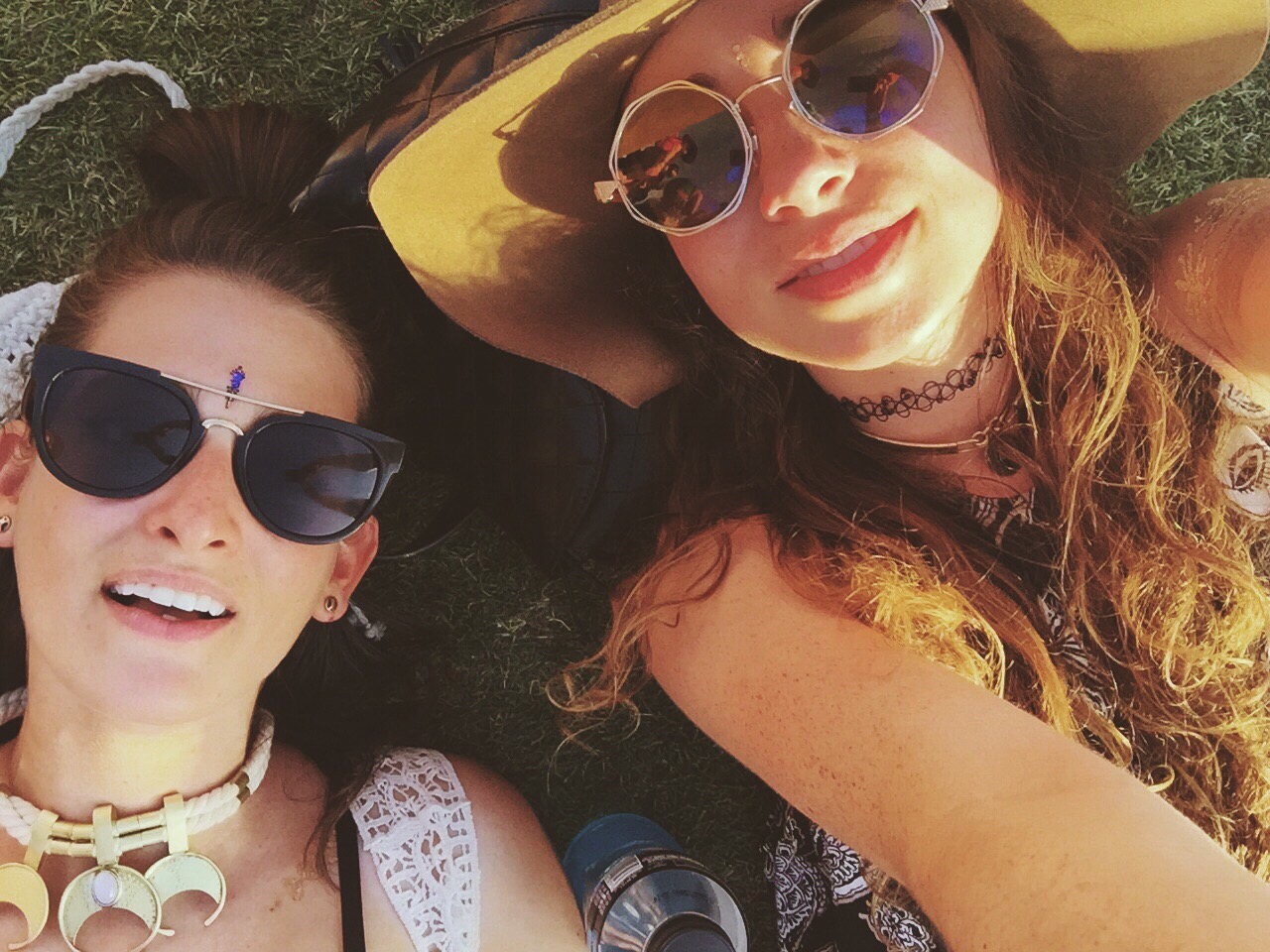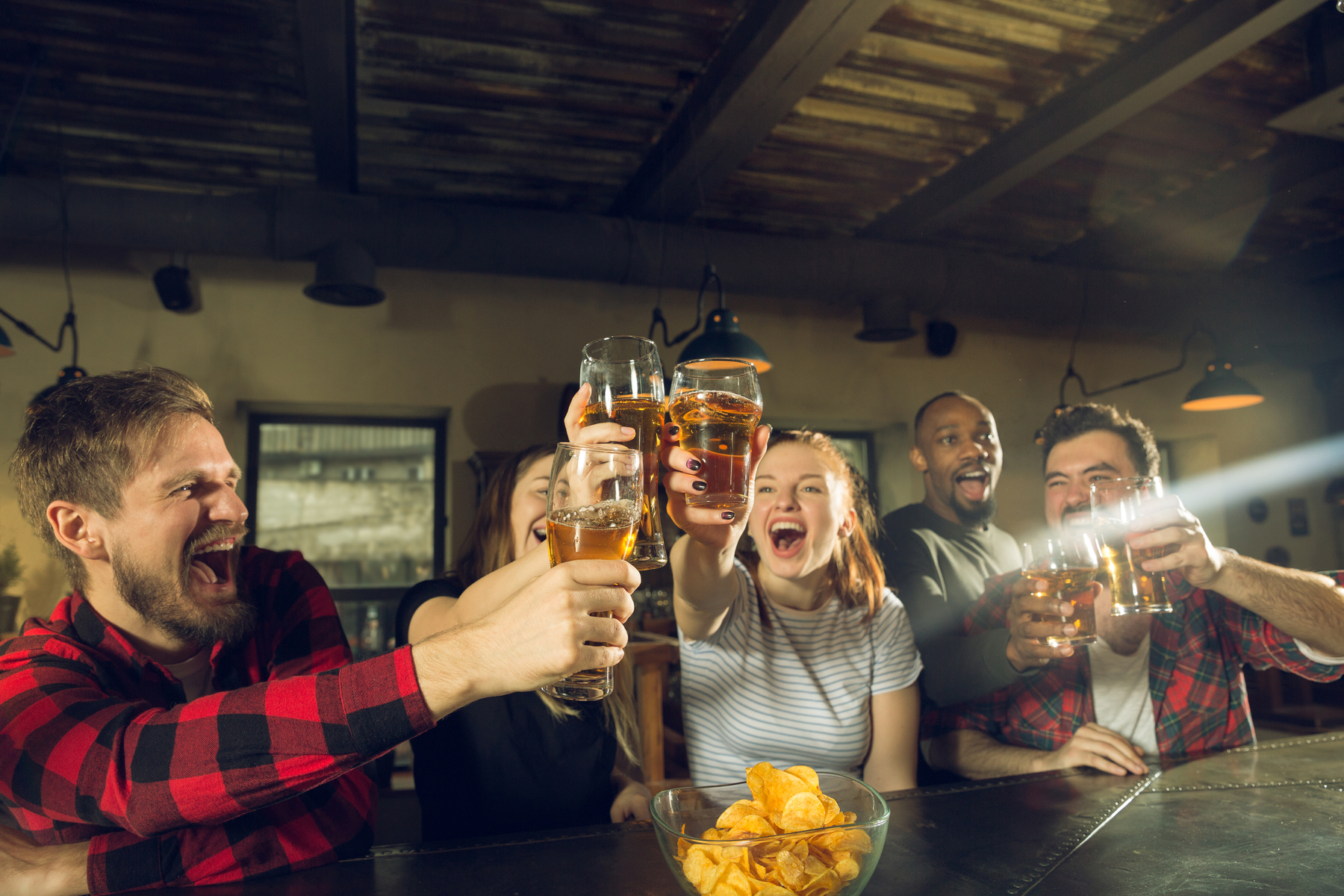

You continue round the circle until there is one person with any fingers left up. If you’ve done the thing that’s said, you put down a finger. You start off with ten points, which, you guessed it, you hold up your fingers. How Do You Play Never Have I Ever With Fingers?Īnother variation of the game can be played any time and without alcohol.Īgain, everyone gets in a circle and the first player starts with “Never Have I Ever….” In this version of the game, the person who has done the thing has to take a sip of their drink and then divulge the details! If you want to go hard you can switch taking a sip of their drink to doing shots instead. This version of the game can get out of hand rather quickly and a great way to start a night. The next person in the group then does another “Never Have I Ever…” and so on. If you’ve done it you have to take an action and then usually share with the group the (embarrassing) story. Someone says “Never Have I Ever….” and then proceeds to say something they have never done. There are a few variations of playing the game but the general rules are this.

#Never have i ever questions sexually professional#
Our resource guide list can help you locate these professional resources: Adult Survivor Resources and Support. You didn’t note whether you’ve ever had to the opportunity to get professional support around the abuse, but I really want to recommend this. There are counselors who are very skilled and understand the many questions and feelings that come up around child sexual abuse for adult survivors. I want to highlight that what is really important is that you feel that you are being true to yourself. I appreciate the perspective outlined here and I think it’s fairly well informed.

The problem with the belief that child sexual assault causes homosexuality/bisexuality. I was pleased however to find that almost exclusively, people asking similar questions as your question are hearing that the most important thing is that you are comfortable with who you are now and that you feel loved and supported. Many reference sexual orientation as biologically determined, and feel that sexual abuse should not be "blamed" for sexual orientation. I also searched through several online forums, thinking about your question. I didn’t want our response to just be a reassuring one, without it feeling based in some real life examples.

For example, we do know that children who are perceived as gay, lesbian, bisexual or transgendered are more at risk for being sexually abused so when you study how many women who identify as a lesbian have been sexually abused, the numbers may be higher than the general public. The research that looks into your question of the impact child sexual abuse has on sexual orientation is limited. However, overall research does indicate that sexual orientation is primarily understood to be biologically based. This means that while trauma, such as child sexual abuse, can absolutely influence any one’s overall capacity for intimacy, relationships and attractions, it most likely does not determine sexual orientation.Įven when there is a correlation found between child sexual abuse and the survivor’s sexual orientation, other questions influence the ability to make any conclusive statements.


 0 kommentar(er)
0 kommentar(er)
